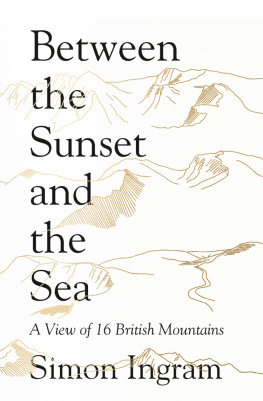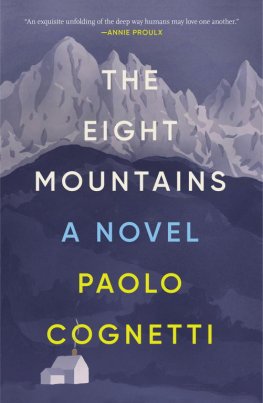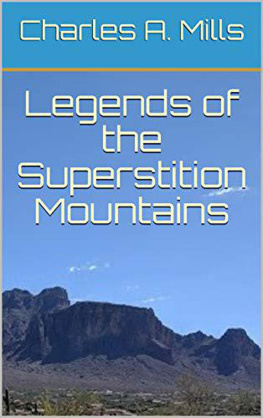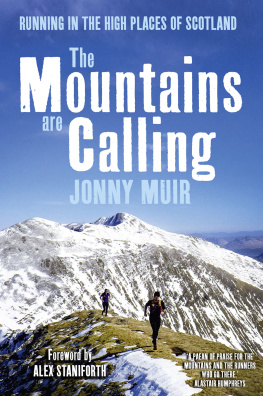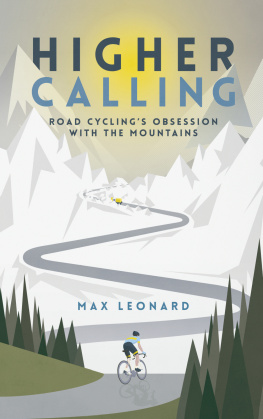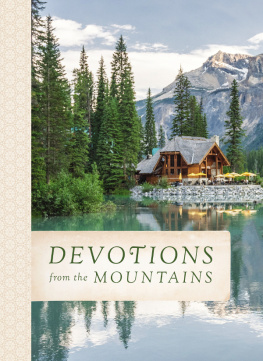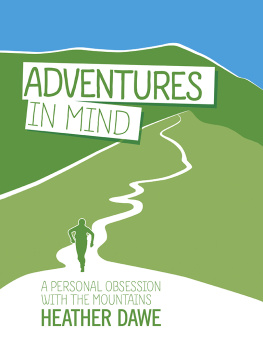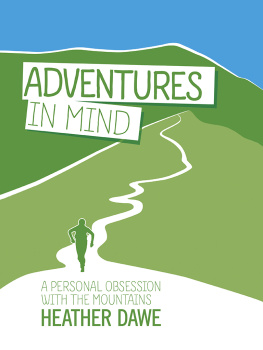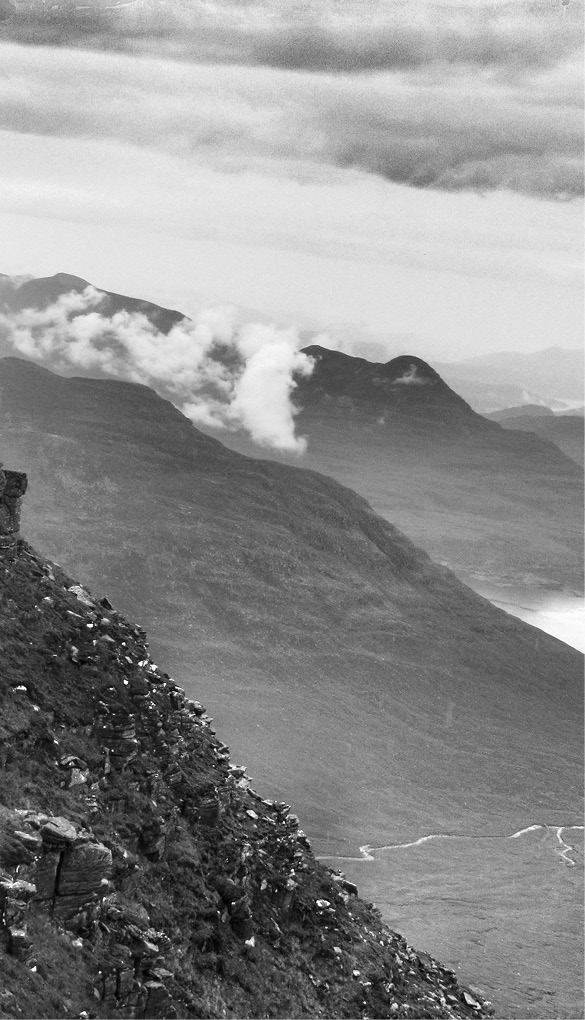And reaching only high.

Seven miles north of the village of Tyndrum in the Southern Highlands of Scotland the A82 flinches hard to the left and begins to climb. The pitch of your cars engine drops. You slow. Heathery embankments recede around the tarmac and the sky begins to widen as you approach the top of a rise. The road makes a long arc like a tensioned longbow until it finds north-west then, abruptly, it snaps taut. The horizon flees around you. And ahead, beyond the sharp vanishing point of the road and softened by distance, are mountains.
These are not the elegant meringue-and-meadow peaks of the Alps, nor the shrill slants of geology you might find in density in the Himalaya or the Andes. The mountains that lie ahead of you as you drive this road are old and crouched, and etched with lines of incredible age.
The place wasnt always like this. Its the ghost of a once much mightier landscape. They say the ancient mountains of Scotland once stood five or six times higher as high as the young peaks of the Himalaya stand today. Some of the oldest surface rocks in the world cover their faces and line their gullies and cracks, exposed by the millennia like dead bone to the wind. The mountains here are the ruins of a giant, explosive volcano violent and vital. Layers of spat, hot rock layered new skin onto already ancient foundations. A million lifetimes later glaciers hung from the gaps between the peaks, carving brittle artes and spitting the shavings of worked land at their feet. Again and again ice and time returned to this landscape, shaping it and re-shaping it like a tinkering sculptor. Hes on a break now. Give him a few dozen millennia, hell no doubt be back.
This first sight as you inch into the mouth of Glen Coe never underwhelms. Its astonishing. Even if youve seen it a dozen times, its magnitude is unexpected somehow. Were constantly reminded how tiny Britain is, so its a surprise to find something so boundlessly big-feeling especially to people who live in flat places where mountains dont cut the horizon or fill the sky.
But if youre a certain type of person, this sight carries something else, too: a kind of queer charisma. It invades the emotions and tickles something primal, enshrining mountains onto a sensory level far more stately than merely as a pretty backdrop to everything else. And if you dont know what Im on about, theres an easy way you can find out: come here, drive this road, and see what happens.
You might feel nothing, of course. Maybe looking up at these mountains produces little more than a mental shrug before your mind wanders back to something more interesting inside the car. If so, best you get back to it. Where were going probably isnt for you. But feel a flutter around your stomach when you enter Glen Coe a frisson of adrenaline, an indefinable but unmistakable quickening of the pulse and sense your eyes being tugged upwards, its got you. Thats it for you now. If you didnt know it already, youve woken something up, and its never going away.
If that part of you is there, everyones got their own moment when they felt their mountain heartbeat spring to life. It could be something so subtle passing through this glen or somewhere like it, watching the way evening light climbs across the buttresses of a far-off peak, the sight of windblown cloud snared and tearing from the point of a summit, the yawn of steep height against the sky. For some it remains something that stays at sea level. For others, the compulsion gets too strong, and little by little, the closer they creep.
The A82 continues into Glen Coe. The wastes of Rannoch Moor fall back from the roadside, and the mountains gather around you. Just after you pass that white cottage the one they always put on the shortbread tins they begin to leer over you and details emerge. The powerful gable of Buachaille Etive Mr fills your windscreen, a side-slouched pyramid of wrinkled rock punching skyward. Grey water discharges from summits choked by cloud. All of a sudden the mountains of Glen Coe cease to resemble a distant frieze, the stumps of a range long cut down by time; they become physical and textured things, personalities almost. As your eyes trace the artes and buttresses, you feel deep emotions being nudged: awe, intimidation, even something implacable not dissimilar to dread.
Its a strange thing, but it makes sense. Mountains are not the place for humanity to feel at home. Theyre hostile, barren, bereft of comfort were programmed as a species to avoid them. Its a feeling as old as we are, natures chemical way of telling us that no, we cant live there. It cant sustain us. Its cold. Hard. Find somewhere else to go. A field. A forest. A riverbank. This place isnt for people. Mountains repel us. Fight us. Yet still, youre being pulled closer. What would it be like, you wonder, to be up there?
The act of climbing a mountain any mountain, anywhere is to enter an environment that is challenging simply to be in. Up there, a vertical kilometre above you in that high ground, life is dangerously simple. Things wilt down to the basics: get up, move, keep warm, stay alive, get back. Trivialities at sea level, such as shelter and water, become coveted luxuries. All of a sudden were back in the state of primal essentiality that as a species humankind has been developing away from for thousands of years. Its not like walking through the woods, or a trip to the park. Here youre beyond the darkness at the edge of town. Youre walking back in time. Its like anthropological nostalgia.
The things you see here in the high places become a visual drug. Once seen and felt, youll drive hundreds of miles just to be in this hard ancient landscape, and recapture those emotions. Spend sizeable amounts of money. Make personal sacrifices. Struggle through all weathers and dangers. And you probably wont be able to explain why.
Some have tried, of course. There are many justifications for climbing a mountain, some of them notoriously impenetrable, some of them shamelessly contradictory. You climb it because its there. You go up, to come down. None of them make much sense. Because in the pursuit of the profound, many of them compromise simple honesty: being on a mountain, a witness to its ways, just

